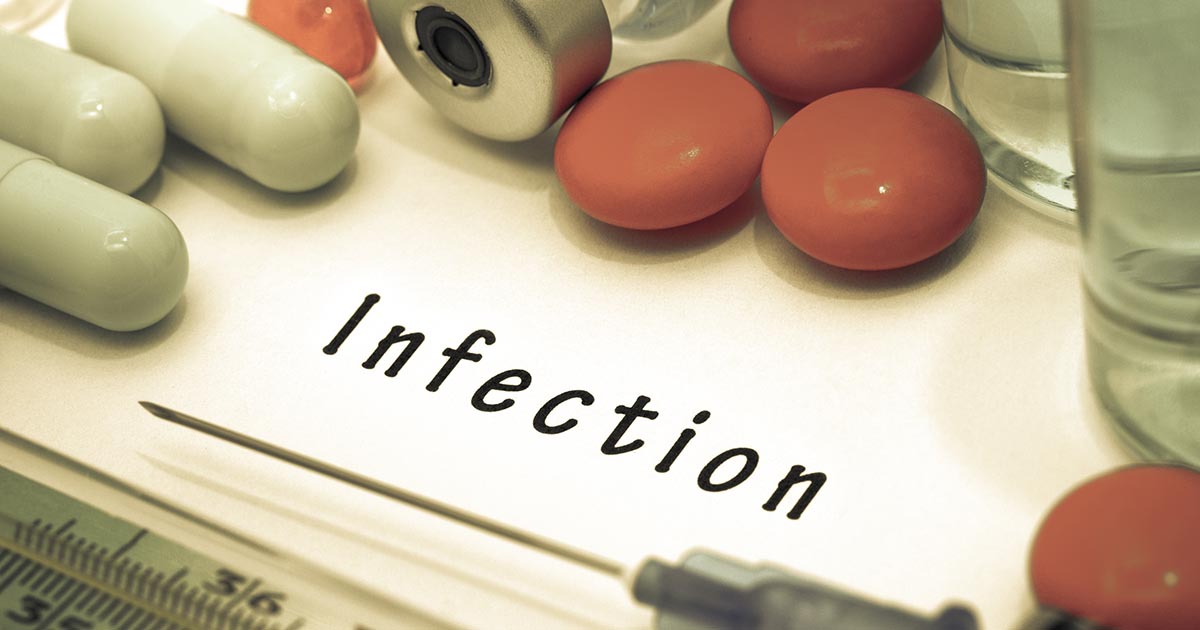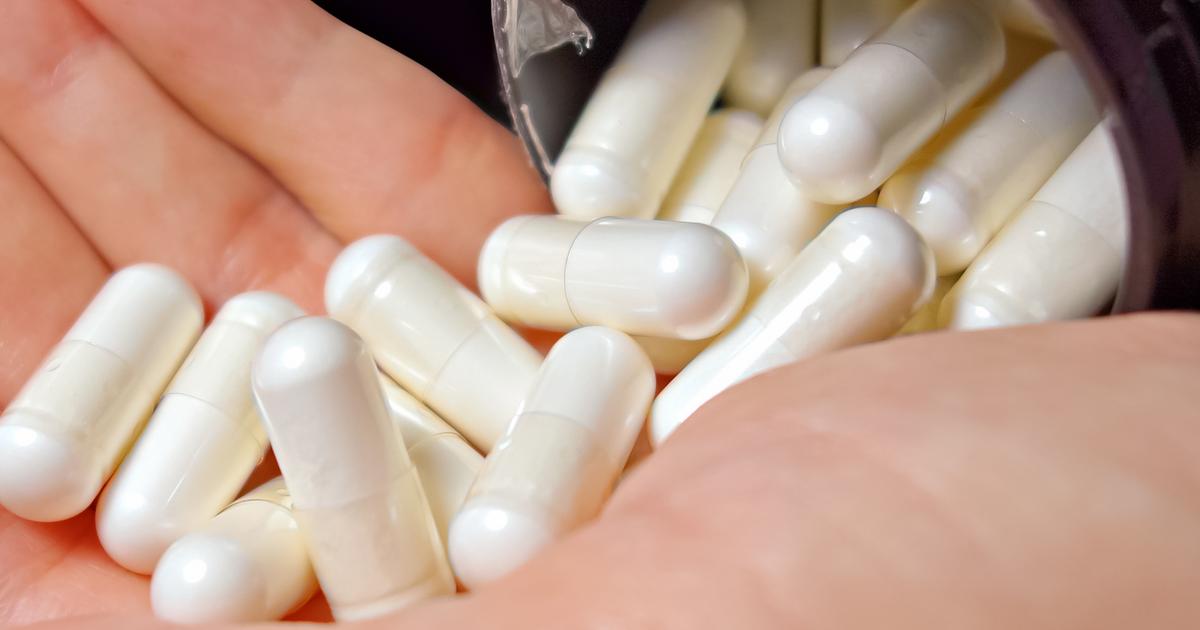Have An Overactive Bladder? You Aren't Alone And There Is Help
An overactive bladder affects millions of individuals around the world. It is a common condition with a collection of urinary symptoms, the most frequent one being a sudden urge to urinate that feels unbearable. Some individuals with the condition experience incontinence and leak urine upon feeling the urge and some may have to go to the bathroom multiple times throughout the day and night. An overactive bladder is often a frustrating condition to live with as it can disturb the flow of work, sleep, social life, and exercise. Before treatment options can be considered, it is important to identify the causes of an overactive bladder.
Infections

Internal infections are the most common reason for an overactive bladder, in particular, urinary tract infections, which affect the kidneys, bladder, and tubes running between them (any part of the urinary system). The urinary tract removes excess water and waste from the body and the kidneys formulate urine by filtering the blood and removing surplus water and waste. The fluid then travels to the bladder and the bladder stores it until it is removed by the body. Other symptoms of a urinary tract infection may include a strong and frequent need to urinate, cloudy, strong-smelling or bloody urine, a burning sensation or pain when urinating, nausea, vomiting, and abdominal pain.
Side Effects Of Medication

Many pharmaceutical drugs tend to induce excess urination and are a leading cause of an overactive bladder. Excess urination is an automatic detoxification effect and there are medications that may increase or cause urinary incontinence: diuretics, alpha-blockers for hypertension, antidepressants, narcotic pain relievers, sedatives, and sleeping pills. Certain medications contain diuretics to help rid the body of excess fluid, which makes it easier for the heart to pump. Alpha-blockers help reduce hypertension or high blood pressure, but these drugs also have a diuretic effect. Antidepressants and narcotic pain relievers can prevent the bladder from emptying completely, giving rise to urgency and frequency of urination. Sedatives and sleeping pills can decrease the awareness of the need to urinate.
